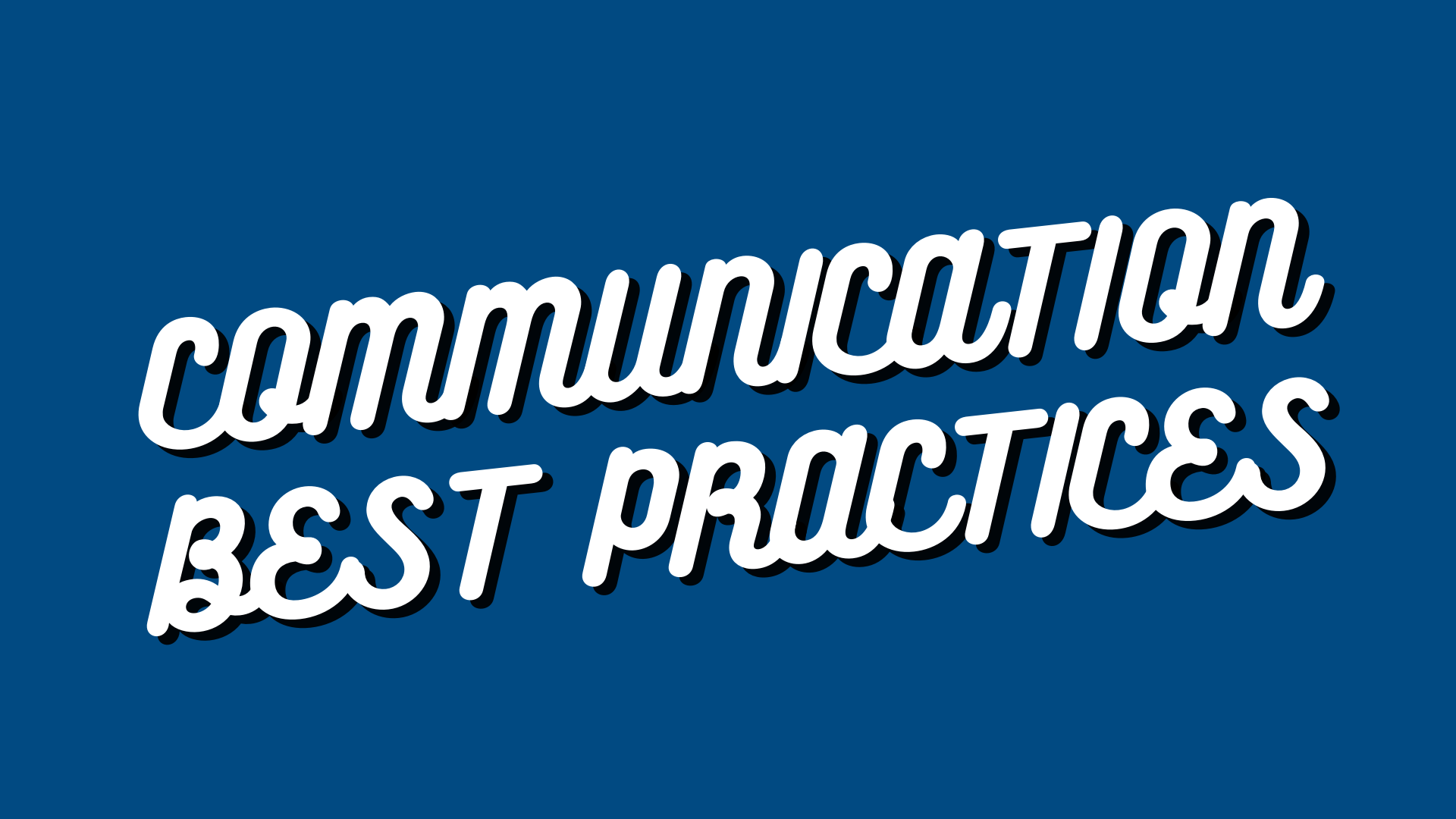27 Communication Practice
Learning Objectives
By completing this section, you can:
- Identify the basics of communicating in an academic setting.
- Reflect on how to contact your professors, sign up for office hours, or contact other staff.
- Practice academically received email communications.

Professional Communication
Professional communication is an important part of post-secondary education. Universities and colleges are professional environments that maintain certain expectations of professional conduct, especially when communicating with professors and other administrators.
Professional communication requires formality. There is a distinction between informal communication with family and friends and professional contact with professors or employers. This applies to written and spoken communication, such as emails and office hours.
It is important to be precise, succinct, and accurate while talking or writing professionally. A professional tone should used through suitable greetings, coherent phrases, and language. To be professional, you must first understand who your will be communicating with. It is important that both the material and the format of your message is suitable to your audience.
The Do’s and Don’ts of Email
Office Hours
What are office hours?
Office hours are times at which professors and teaching assistants are available to meet with students outside of class time. These hours are available so that you can ask for help, seek clarification, or follow up on certain aspects of the course that you may find confusing. You can also use office hours to discuss programs of study, internships, graduate schools, and graduation requirements (n.d., Cornell University).
How to prepare for office hours
Preparing for office hours can help you get the most out of your conversation and may boost your confidence before visiting. Here are a few suggestions for how to prepare:
- Determine your purpose for attending office hours. For example, introducing yourself, seeking help with course material, looking for research opportunities, etc.
- Create a set of questions or concepts you would like to discuss with your instructor.
- Provide context so that the instructor can understand what feedback or assistance you need.
Each professor will have a different approach to holding remote office hours. They may be available via phone calls, Zoom meetings, or Microsoft Teams meetings. Some instructors hold their office hours on specific days and times each week, while other instructors may offer office hours through appointment only. Check the course syllabus to identify how office hours will be held for the course you are taking. If you are not sure how to access office hours or at which times they occur, contact your professor.
Adapted from Cornell University’s What are Office Hours?
Chapter Progress


